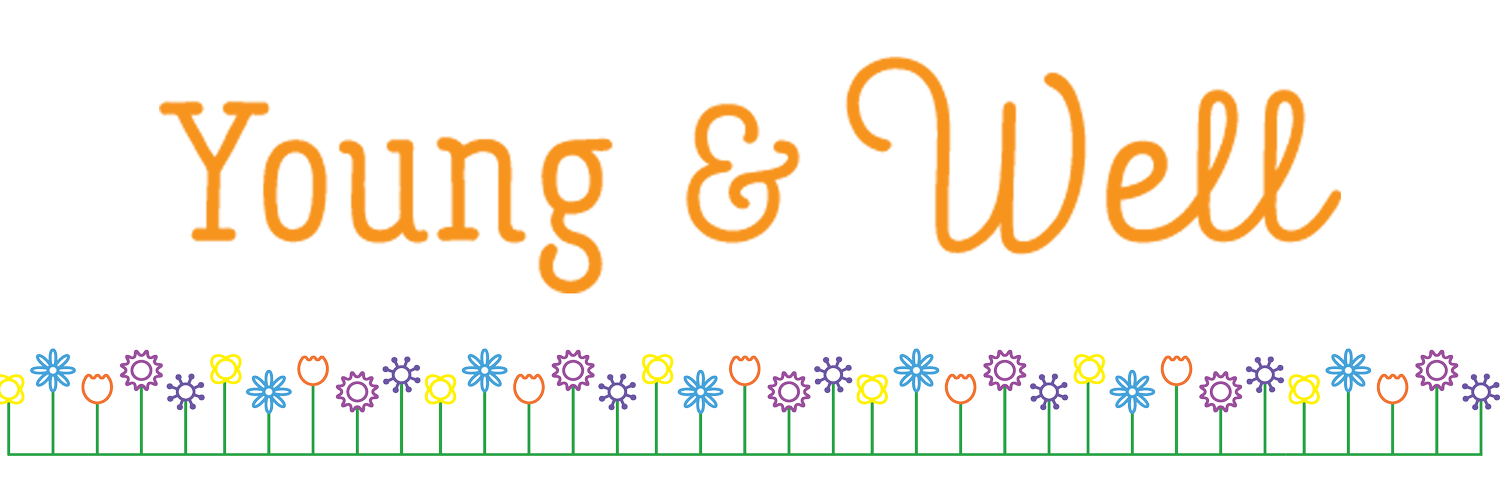How Occupational Therapy Empowers Children With ADHD
Attention Deficit Hyperactivity Disorder (ADHD) is hallmarked by many things, including difficulty with seated activities, executive functioning skills, and an increased need for movement. Children with ADHD often struggle across many areas of their daily life, and may experience more frustration and dysregulation because of it. If your child has recently been diagnosed with ADHD, occupational therapy is likely on the list of recommendations. While many parents are familiar with occupational therapy in some capacity, it may be unclear what exactly occupational therapists can do to support your child.
Occupational therapy is a type of treatment that enables people to do the things they need and want to do everyday. Within the profession, occupations are defined as the things that occupy one’s time. Much of what occupies young children’s time includes school, play, and self care skills (i.e. Activities of Daily Living, or ADLs). In adolescence, they become more occupied with Instrumental Activities of Daily Living (IADLs), which are higher level daily living skills, such as shopping, care of a pet, home maintenance, financial management, and driving/community mobility. Occupational therapists can also address areas including education, work, play, leisure, and social participation.
A child with ADHD may experience difficulty across one or many occupations. It is an occupational therapist’s job to determine what areas are affected as well as the reasons behind the difficulty. When an occupational therapist begins the process of evaluating a child, they will use standardized assessments, clinical observations, and child/family input in addition to considering the child’s routines, roles, environments, and values. Once they have gathered a sufficient amount of information, the therapist will develop a treatment plan and intervention approach focused on adapting the environment or routine and establishing or restoring supportive skills.
An occupational therapist’s approach to treatment of a child with ADHD varies based on the skills that need to be addressed. Some examples of interventions may be developing a checklist to help a child follow their morning routine more independently, establishing a sensory support plan during the school day to promote a child’s regulation, or working with the child to independently use a timer for time management. A therapist may also directly target a child’s executive functioning skills to reduce the reliance on external supports and further promote independence.
A research study conducted by Hahn-Markowitz and their colleagues in 2017 shows that an approach known as the Cognitive-Functional (Cog-Fun) intervention has had a positive impact on the executive functioning skills of children with ADHD. The Cog-Fun approach relies on three main strategies to target executive functioning skills: “(1) executive strategy acquisition, (2) an enabling therapeutic setting, and (3) the use of environmental supports and procedural learning” (Hahn-Markowitz et. al., 2017). 99 children between the ages of seven- and ten-years-old participated in the randomized controlled study with a crossover design. The results indicated that children who participated in the Cog-Fun intervention experienced improved executive functioning and self-regulation.
Other research-supported interventions used by occupational therapists to treat children with ADHD include the CO-OP approach, social skills training groups, Theraplay, and general play-based interventions (Kelsch & Miller, 2016). These approaches support the development of age-appropriate performance skills in children with ADHD across all ages to promote their independence in their daily lives. As you and your child begin the process of starting occupational therapy services, the therapist will use the data collected during the initial evaluation to guide your child’s treatment and select the most effective methods to achieve their goals.
Curious about how the team at Young & Well can support your child with ADHD? Reach out to hello@theyoungandwell.com for more information.



